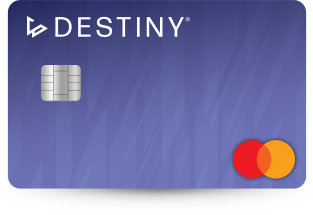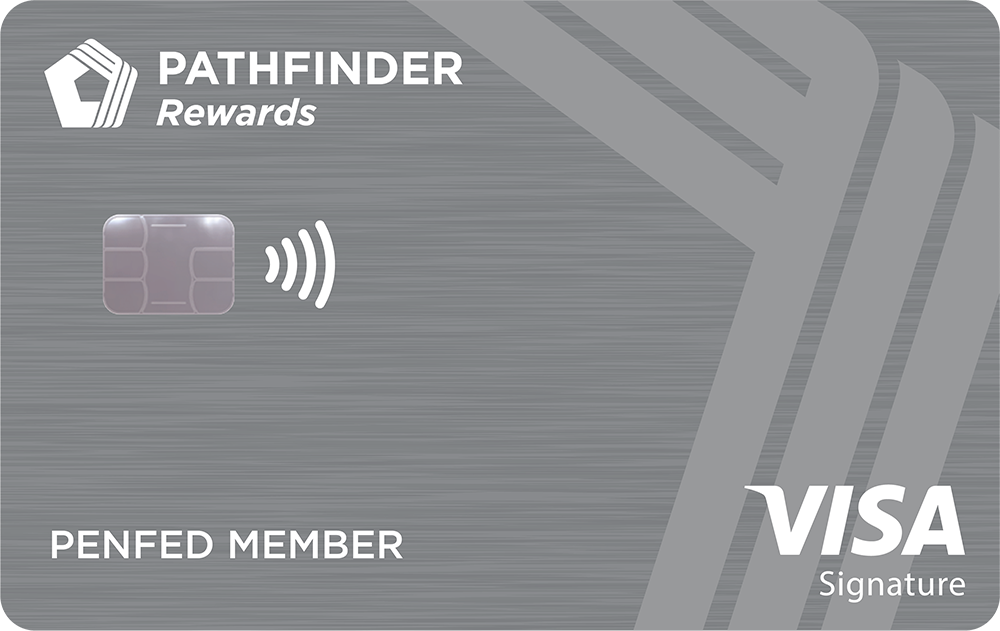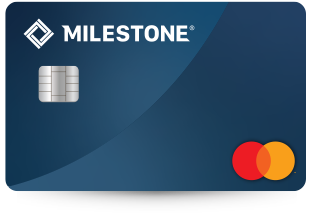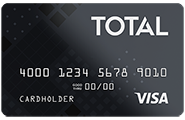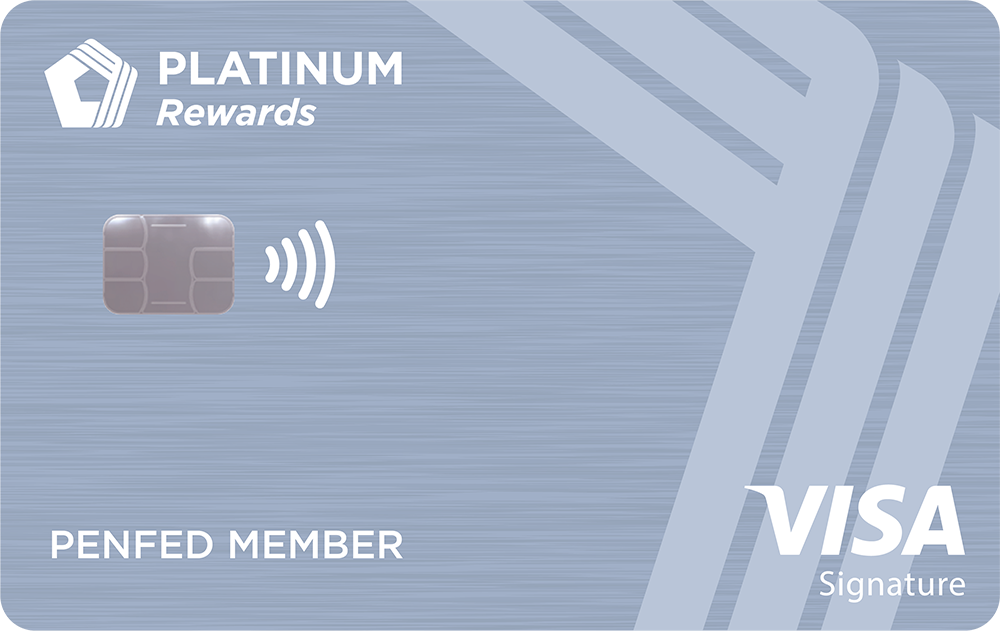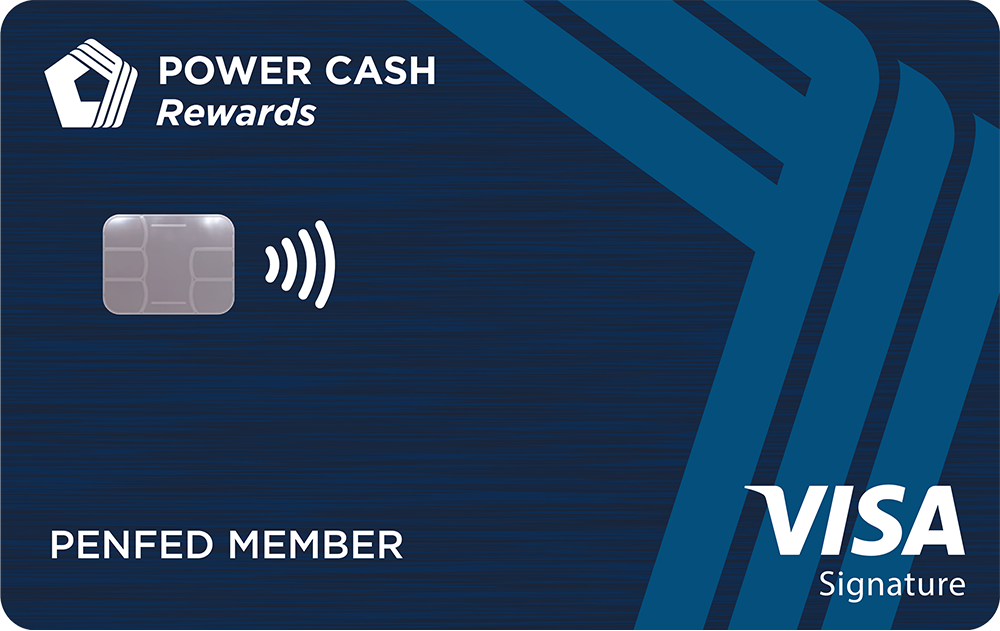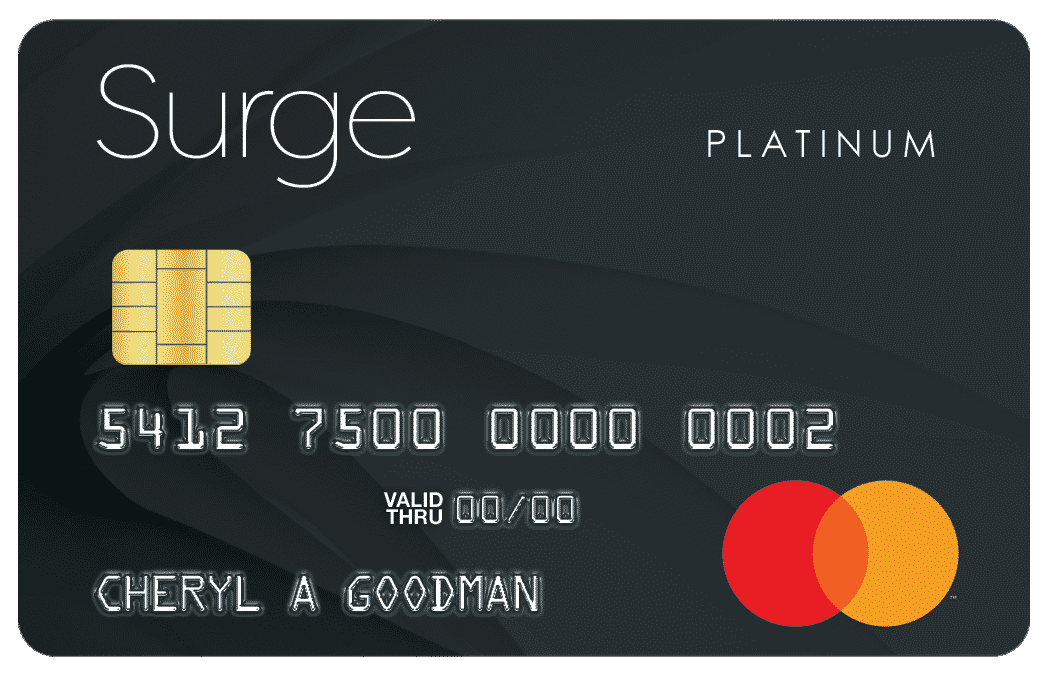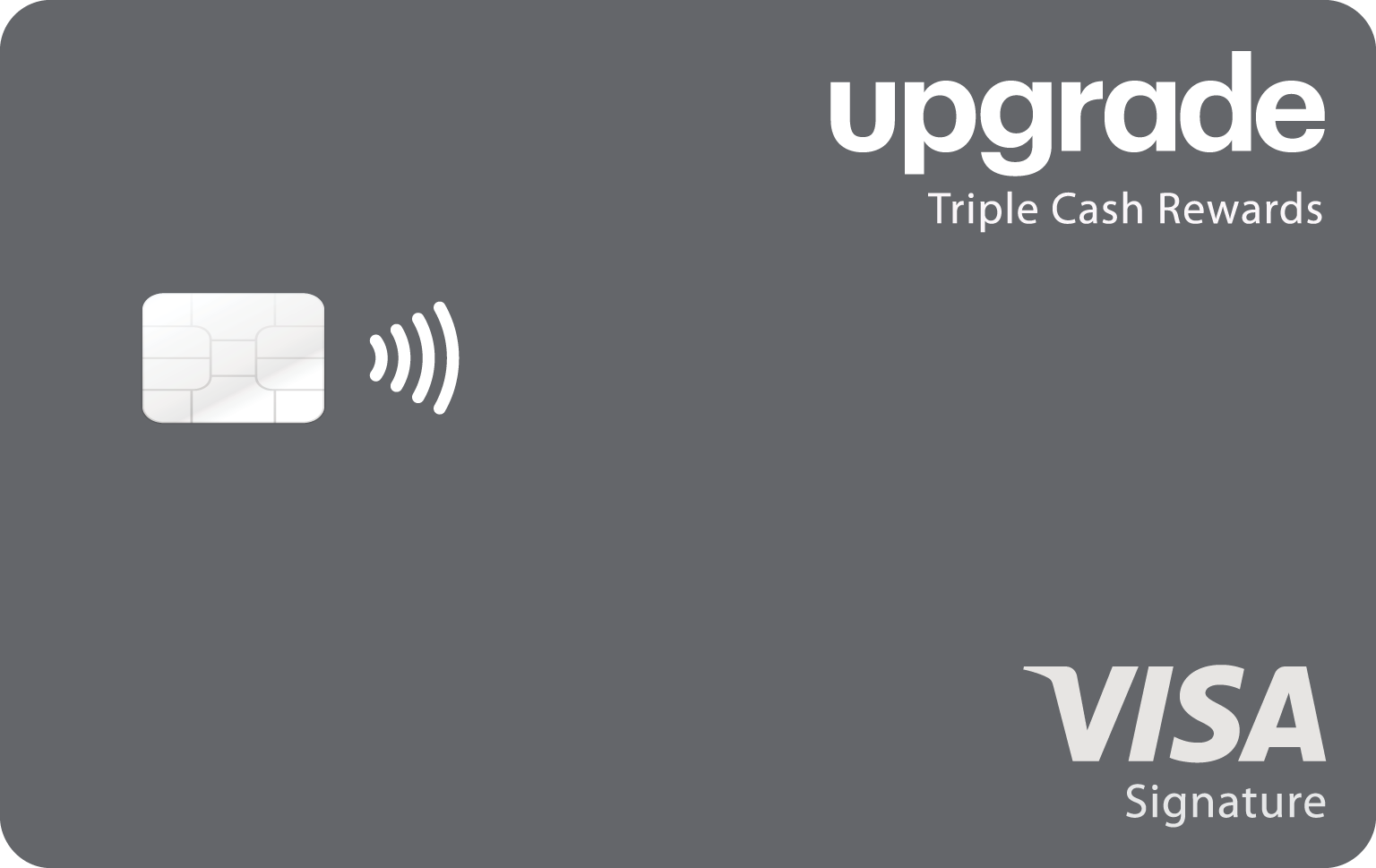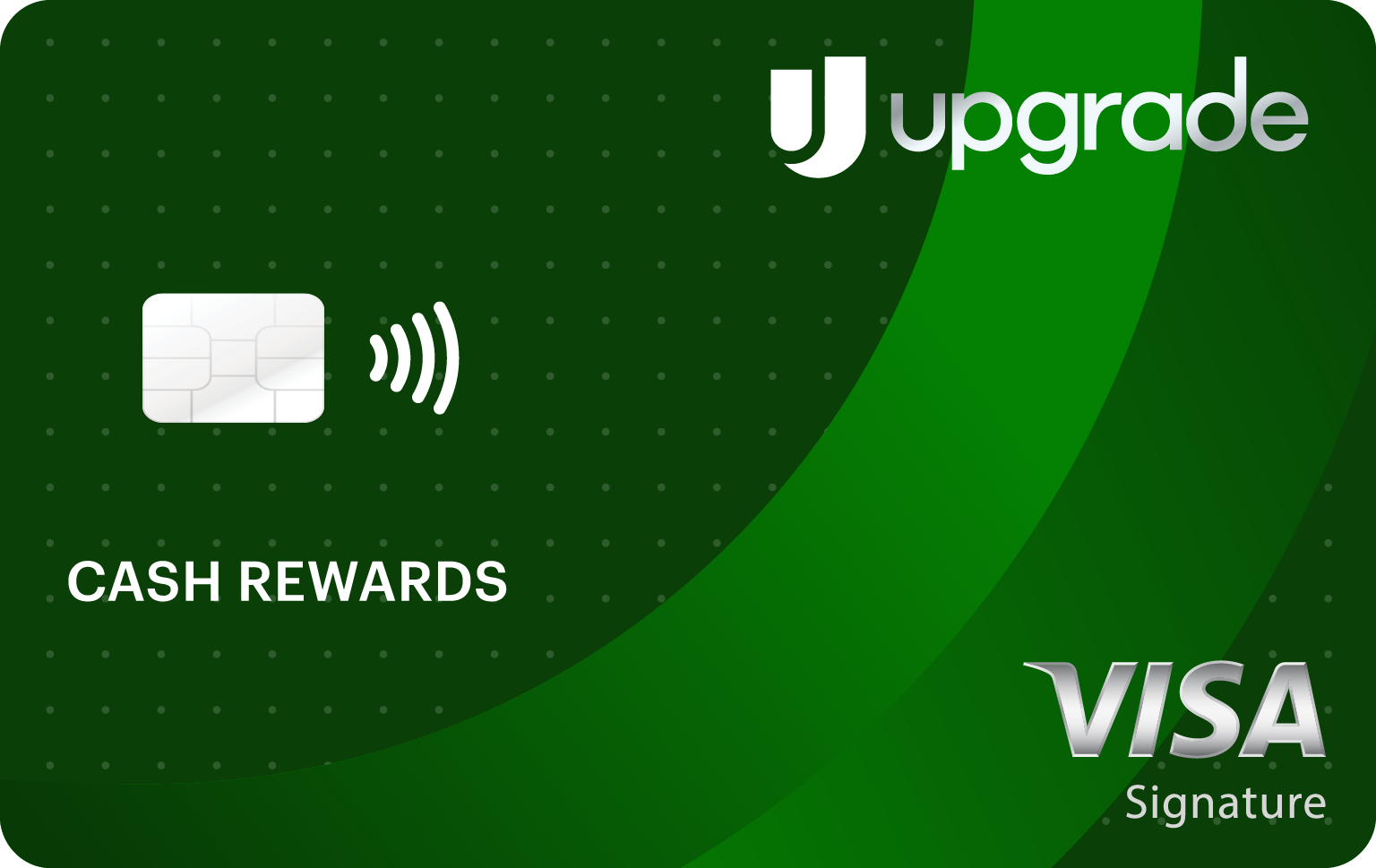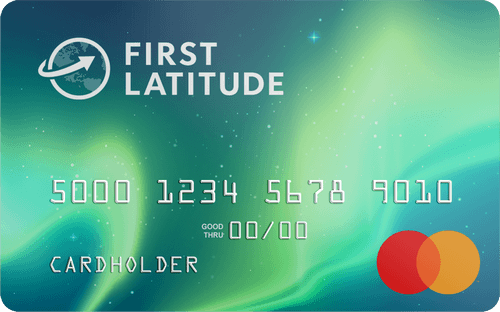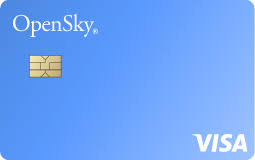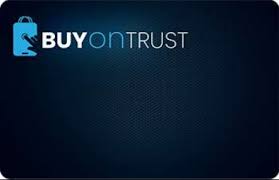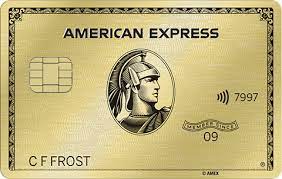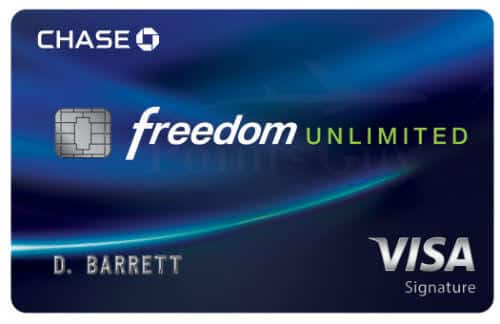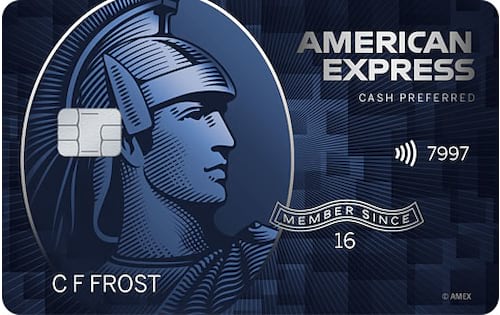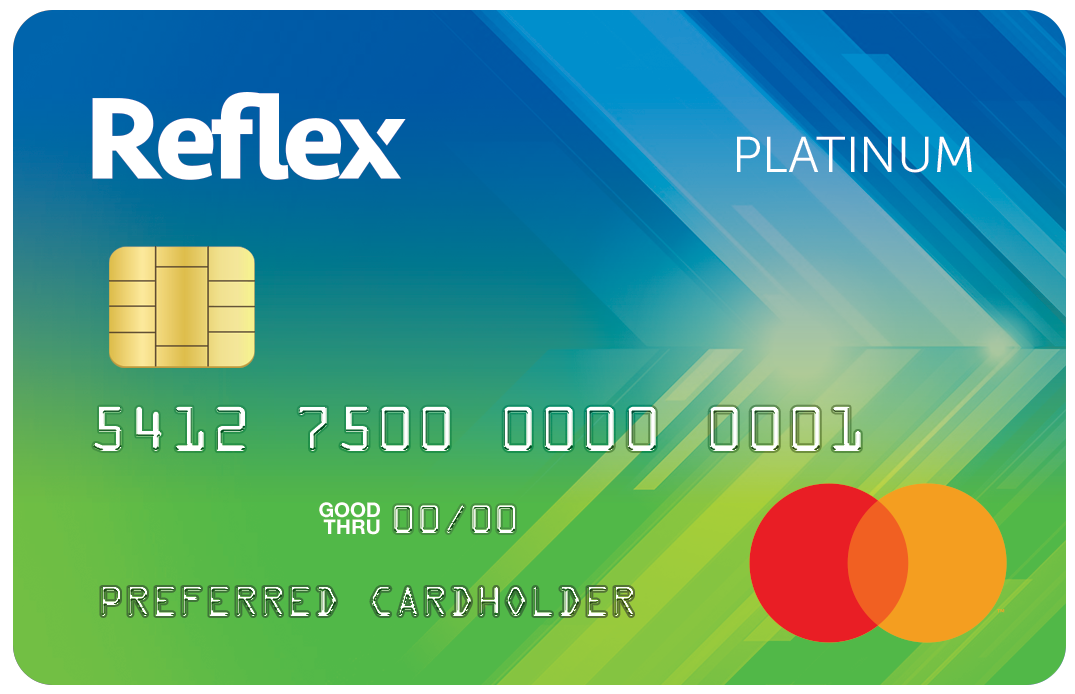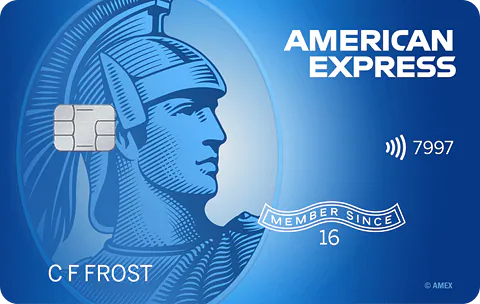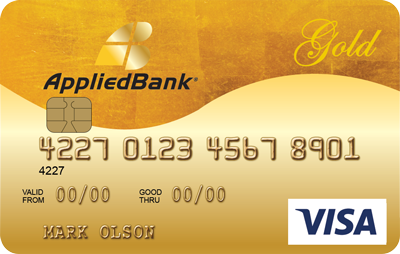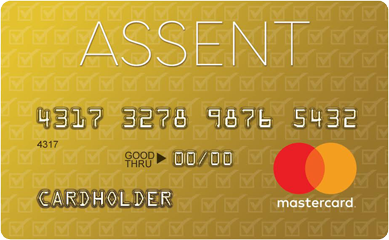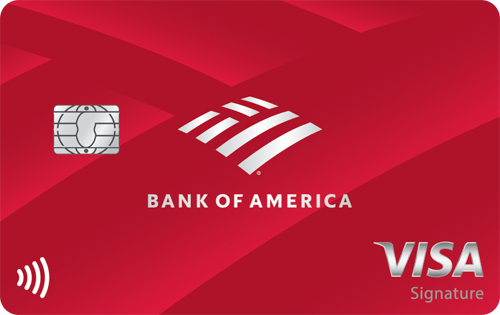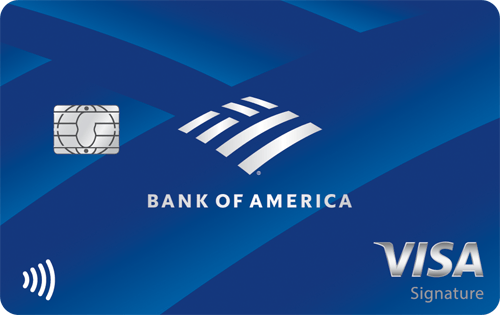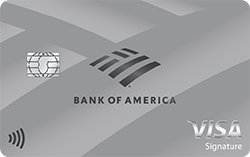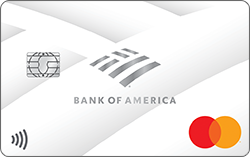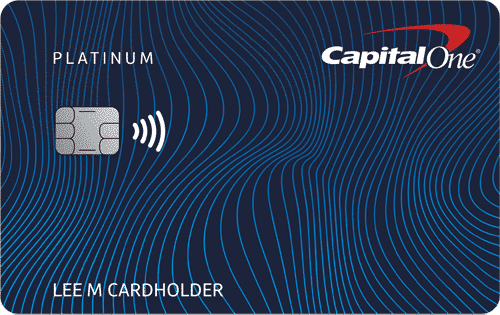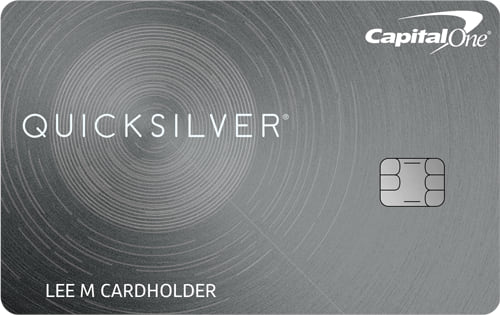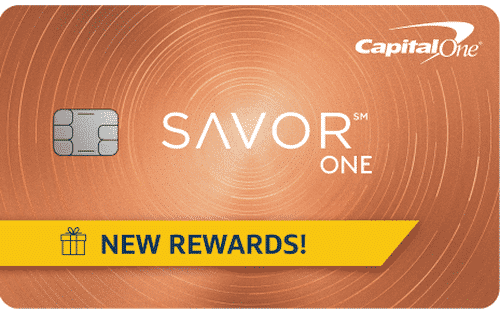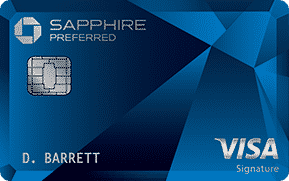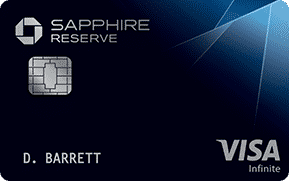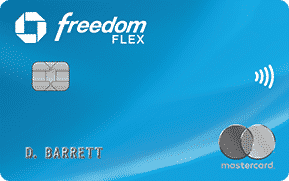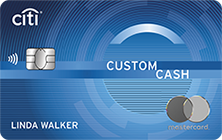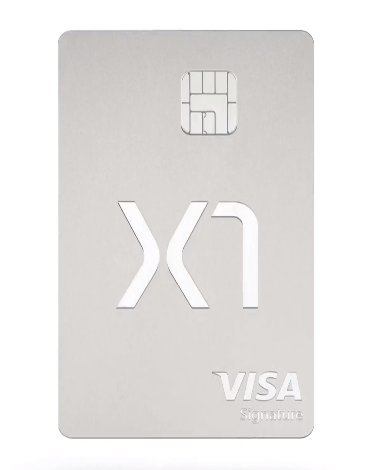As seen in




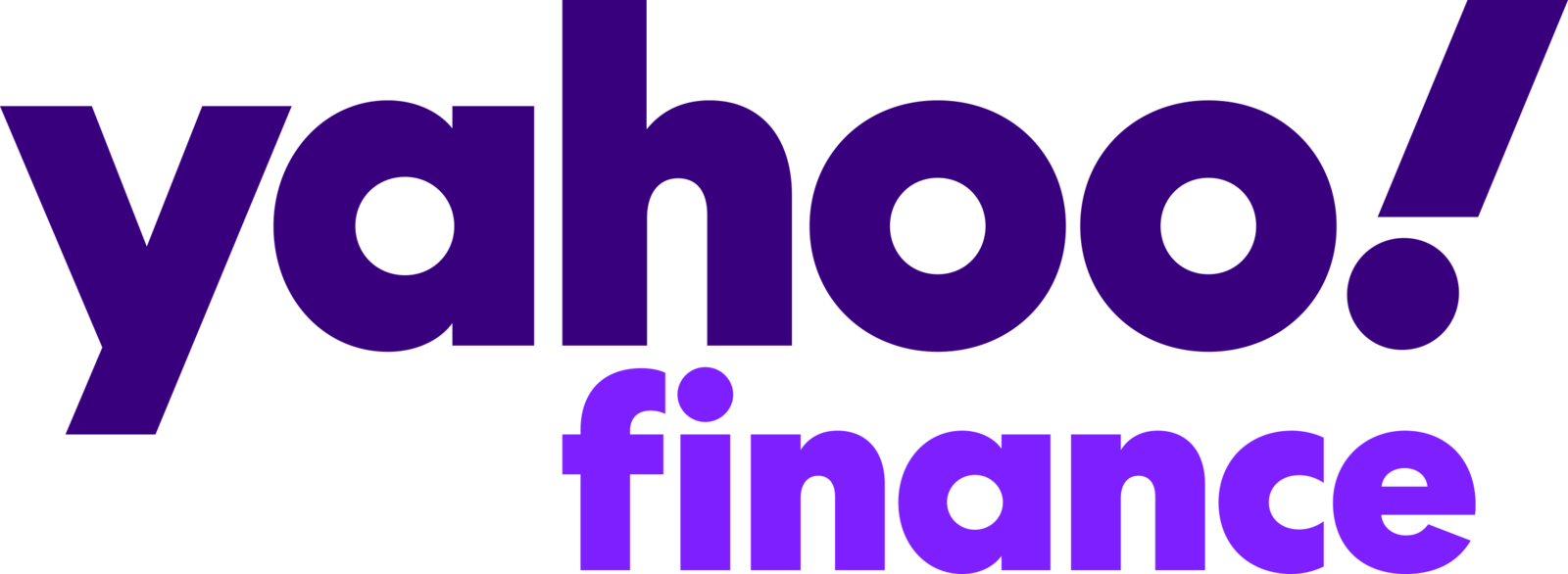

Compare the Best Credit Cards for April 2024
Important
How To Compare Credit Cards
Review the best credit cards from leading banks
Filter the results based on your own criteria
Find the best credit card for your needs
Click Get Started to fill in your credit card application
What is a Credit Card?
Credit cards are physical cards you can use to make purchases on credit, and repay the amount at a later time. It's like short-term loan in many ways.
When you open a credit card account you get a set credit limit from the credit card issuer. This is the amount of money the credit card company allows you to use to pay bills or make purchases.
Every time you use your card, your credit limit reduces. You then pay back what you've spent in monthly repayments.
Note: Credit cards can be secured or unsecured. Secured credit cards typically require a cash deposit or a form of collateral to open, which also doubles as your available credit limit.
Credit cards are very convenient and can help you pay bills when you're short on cash. You can also save money or earn rewards while building your credit with healthy spending habits.
You can also pre-qualify with no impact on your credit report by comparing soft pull credit cards.
Credit Cards vs Debit Cards
When you're making purchases with a debit card you are spending your own money in the bank, which is different from a credit card where you're spending money you don't own.
Debit cards are typically linked to your checking account. When you make a purchase, the money is automatically deducted from your bank account.
Credit cards also have an impact on your credit score directly. Making credit card payments on time and staying within your credit limit can help to improve your credit.
How Do Credit Cards Work?
Although credit cards and debit cards look the same, they are different. Here is a summary of how credit cards work:
- Credit cards come with a credit limit that you can use to make purchases and then repay it at a later date.
- Credit cards can come with interest if you carry a balance.
- Always read the fine print on promotional credit card offers.
- Rewards credit cards help you earn rewards on certain purchases in the form of miles, points, or cash back.
Every time you make a purchase online or in stores, your card details are sent to the merchant's bank. The bank then gets authorization from the credit card company to approve the transaction.
Once the transaction is approved, the merchant is paid and your credit limit is reduced accordingly.
💡 Tip: If you pay your bill in full during the grace period (time between the date of purchase and the due date) you will pay no interest.
Best Rated Credit Cards
Types of Credit Cards
- Standard credit cards usually offer no benefits or rewards. On the upside, they are very easy to understand and straightforward to use.
- Balance transfer credit cards come with the ability to transfer balances. They offer a low introductory rate on balance transfers for a certain period of time. A good option if you want to save money on a high credit card interest rate balance on an existing card.
- Rewards credit cards are pretty self-explanatory and there are three basic types of rewards cards: points, cashback, and travel. Some people prefer the flexibility of cashback rewards, while frequent travelers like to use travel rewards cards.
- 0% APR credit cards give you a zero percent introductory APR for a specific period (usually for the first year) before charging the normal APR going forward. This allows you to pay off your credit card debt faster.
- Soft pull credit cards allow you to get pre-approved for a credit card without any impact on your credit score. This is perfect for borrowers with bad credit or those who want to compare offers before choosing a card.
Why Compare Credit Cards at Financer.com
What Customers Say About Us
4.60 based on 324 reviews
from Reviews.io
The Benefits of Credit Cards
It’s convenient. With a credit card in your wallet, you rarely ever need cash or an ATM.
Efficient record keeping. Easy expense monitoring and monthly budgeting through monthly statements.
Purchase protection. Credit cards often offer extended warranties on items you purchase.
Balance surfing. You can quickly transfer your high-interest balance to a lower-interest card.
Earn rewards. Credit cardholders often earn reward points for using their credit cards, which they can redeem on travel, cashback, and more.
There are also other benefits to opening a new credit card account:
A credit line can also improve your credit profile. Here's how:
Better track record. Good credit is built on a track record of paying on time. FICO is the most used credit score for credit decisions. Payment history accounts for 35% credit score. It is called "extremely influential" by VantageScore, a competitor.
Consistent, on-time payments are essential if you want to build credit. You have another chance to establish a track record of timely payments with a new account.
Credit cards have more room. Your overall credit limit will be increased by getting a new card. Your credit utilization may be lower if your spending is constant, which could improve your score.
Credit diversity. Credit scores give points if you are able to manage more types of credit. You can manage your new card if you have an installment loan, but not a credit card. If you have multiple credit cards, it is unlikely that one additional card will have much impact.
How a Credit Card Can Benefit You
It’s convenient. With a credit card in your wallet, you rarely ever need cash or an ATM.
Efficient record keeping. Easy expense monitoring and monthly budgeting through monthly statements.
Purchase protection. Credit cards often offer extended warranties on items you purchase.
Balance surfing. You can quickly transfer your high-interest balance to a lower-interest card.
Earn rewards. Credit cardholders often earn reward points for using their credit cards, which they can redeem on travel, cashback, and more.
Using Your Credit Cards Responsibly
Credit cards can be a great benefit to have when you use them correctly.
Using Your Credit Cards Responsibly
Credit cards can be a great benefit to have when you use them correctly. They can earn you free vacations and cashback options, but they can also open a pit of debt that can throw your financial situation for a loop.
Here’s how to use them responsibly:
Spend within your means
Banks will occasionally call and offer higher lending amounts based on your income and credit card payment history. Make sure you are still leaving within your means even if you have a higher limit.
Only buy what you need
Never buy anything with a credit card that you do not have the cash to pay for.
Find the best offer
Compare credit card offers often and focus on those with o% interest and reward points. Once you have opened an account, you don’t have to keep it.
Keep up with payments
Always pay your credit card in full when you receive your statement.
Compare Credit Cards with Financer.com
At Financer.com we want to offer you financial solutions that will improve your financial future.
That's why we help you with comparing credit cards online and applying for the best offers with the best credit card interest rates available. By making better financial decisions you'll be able to stay out of debt.
You can compare credit cards from the leading lenders above, to find out what are the best credit cards and rates for you.
Have Questions About Credit Cards? Get the Answers Here.
How Do Credit Cards Affect Your Credit Score?
The average American carries four credit cards. However, this doesn’t mean that four credit cards are ideal. In many cases, opening a new credit card can actually boost your current FICO score overall, some more than others.
In fact, you might be shocked to learn that you technically need to have 21 lines of credit open to hit the perfect 850 FICO score.
Example: You have a credit score of 600 but only have one credit card with a $2,000 limit. By opening a second card with an $8,000 limit on it, you might see your score shoot up by 80+ points on your FICO reports.
There are many reasons for this, but basically, if you can show creditors that you can successfully manage large lines of credit, they consider you trustworthy.
This behavior is viewed as a positive to other lenders who are willing to now work with you more because you display a healthy relationship with managing money.
Note: A FICO score is a credit score created by the Fair Isaac Corporation (FICO).
FICO scores use data in five different areas to determine a borrower’s creditworthiness: payment history, the current level of indebtedness, types of credit used, length of credit history, and new credit accounts.
FICO® Scores Explained:
| Score | Rating | Lending Opportunities |
|---|---|---|
| 300-579 | Bad | Loan applicants may struggle to get credit without a deposit. It can be difficult to be approved for credit with this rating. |
| 580-669 | Fair | Applicants may still struggle to get optimal lending rates and may still be rejected by certain lenders. |
| 670-739 | Good | Most lenders will provide credit to those with good lending however they may offer average lending fees. |
| 740-799 | Very Good | Most applicants may receive better than average lending rates. |
| 800-850 | Excellent | Less than 22% of Americans have excellent credit. Those with credit scores at this level are considered optimal applicants. |
What are the risks of having a credit card?
If you overextend yourself and are unable to pay down your new credit limits, you may find yourself in a problematic debt cycle.
A debt cycle where you are unable to pay your bills will be detrimental to your credit score.
Any new credit card applications will cause a hard inquiry, which might negatively impact your credit score by 1-4 points. However, for the general population, the upside HEAVILY outweighs the downside.
Approval means access to more credit, which in turn means a higher credit score overall. You typically won’t notice too much of a credit card hit if you apply for a credit card every four months or more.
Note: If you do notice a large hit to your credit score, you can generally wait about three months, and your credit score should recover overall if there are no other outside influences.
Sometimes a significant dip in your score can be caused by too many new credit applications. Credit bureaus see too many applications as high risk and assume your creditworthiness is low.
How long does it take to get a credit card?
How old do I have to be to get a credit card?
How many credit cards should I have?
How can I lower the interest rate on your card?
- Call your lender and ask for a lower rate.
- Search for new-customer deals for your card and request that rate.
- If all else fails, sign up for a new card with a lower rate and transfer the balance.
How can I find the best credit card rates?
- Promotional interest rate
- Fixed interest rate
- Foreign transaction rates
- Balance transfer rates
What should I know about rates, fees, and penalties?
Read More About Credit Cards
What Credit Cards Use TransUnion?
When you're looking into "which credit cards use TransUnion," it's likely that you're attempting to tailor your credit card applications based on your TransUnion credit
January 28, 2024 16 min read
2023 Consumer & Credit Card Debt Statistics – Interactive Report
March 25, 2024 19 min read
How To Build Credit with a Credit Card: The Ultimate Guide
Building credit from scratch or rebuilding bad credit can seem like a daunting task. However, if you develop good credit habits, you will find the ...
December 26, 2023 14 min read
How To Stop Automatic Payments to Your Credit Card and Save Big
December 26, 2023 6 min read
What Is a Credit Utilization Rate?
Credit utilization is an important concept that is often overlooked when it comes to credit health. It is a measure of how much new credit you ...
January 19, 2024 4 min read


